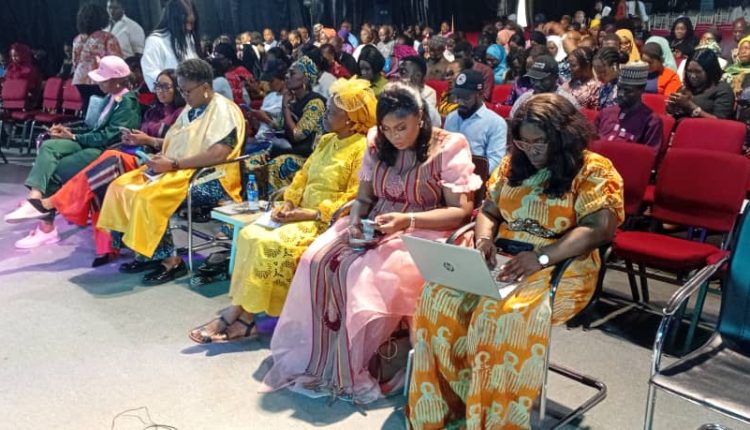Educators urged to embrace AI, global competencies
|
Getting your Trinity Audio player ready...
|
Stakeholders have called on educators across all levels to embrace Artificial Intelligence (AI), while preparing students for the rapidly changing global landscape.
Speaking at the “Empowering Teachers for Future Education Summit” in Abuja on Saturday, Dr Onyekachi Onwudike-Jumbo, the convener, called for a renewed commitment to strengthening the teaching profession through capacity-building, innovation, and collaboration.
Onwudike-Jumbo emphasised that preparing students for future challenges required empowering teachers with modern tools and skills, particularly in AI and global competencies.
“We cannot prepare students for the jobs of tomorrow with the teaching methods of yesterday.
“Teachers must be equipped to integrate AI and global learning standards into their classrooms so that our children are not left behind,” she said.
She raised concerns about the educational gaps in Nigeria and the Sub-Saharan Africa, citing troubling statistics on the number of out-of-school children and the prevalence of unqualified teachers.
She warned that the quality of education today determined the strength of nations tomorrow, urging stakeholders to treat education as a shared responsibility among teachers, parents, and schools.
“Education is a collective responsibility. We must ensure that every child, regardless of background, has access to quality learning opportunities delivered by passionate and well-trained educators,” she said.
Onwudike-Jumbo also announced plans to launch an AI Masterclass for Teachers, designed to provide hands-on training and practical resources.
Also, the Executive Secretary, Universal Basic Education Commission (UBEC), Aisha Garba, said UBEC had introduced groundbreaking initiatives aimed at empowering teachers and improving learning outcomes.
Garba was represented by Dr Ossom Ossom, Acting Director, Department of Social Mobilisation, UBEC.
She said that one of the commission’s most ambitious projects involved the training of 875,000 teachers nationwide, equipping them with 21st-century pedagogical skills and integrating digital learning tools into the classroom.
According to her, the focus on digital pedagogy marks a major shift in Nigeria’s education system, designed to ensure that teachers are not only facilitators of learning but also innovators capable of adapting to global educational trends.
In a keynote address, the National Consultant to UN Women, Hansatu Adegbite, highlighted the transformative influence teachers have on their students’ lives, while also underscoring the critical role educators play in nurturing future leaders.
Adegbite emphasised that as the world evolves, so must the classroom, urging teachers to integrate AI and other emerging technologies into their teaching practices to stay relevant in an era defined by digital transformation.
“Technology is not replacing teachers, it is amplifying their reach,” she noted.
Beyond pedagogy, she also encouraged educators to adopt an entrepreneurial mindset. exploring new opportunities to supplement their income and enhance financial independence.
On her part, the Mandate Secretary, Women Affairs Secretariat, Adedayo Benjamins-Laniyi, praised teachers as the true “nation builders” and “architects of destiny”.
Benjamins-Laniyi emphasised that the summit served as a reminder to the transformative power of education and the pivotal role teachers play in driving societal change.
“In a world that often underestimates the power of the classroom, this summit reminds us that every great revolution begins with a teacher who dared to believe in possibility,” she stated.
She reaffirmed the Secretariat’s unwavering support for teachers, particularly women educators whom she described as “nurturers, leaders and daily transformers of lives.”
She called for renewed efforts to restore the dignity of teaching, promote innovation in classrooms and inspire the next generation of leaders. (NAN)



Comments are closed, but trackbacks and pingbacks are open.